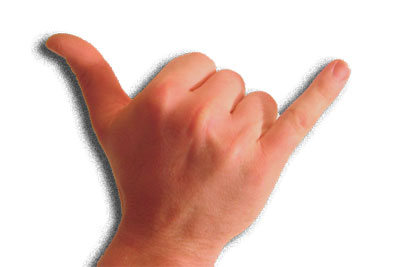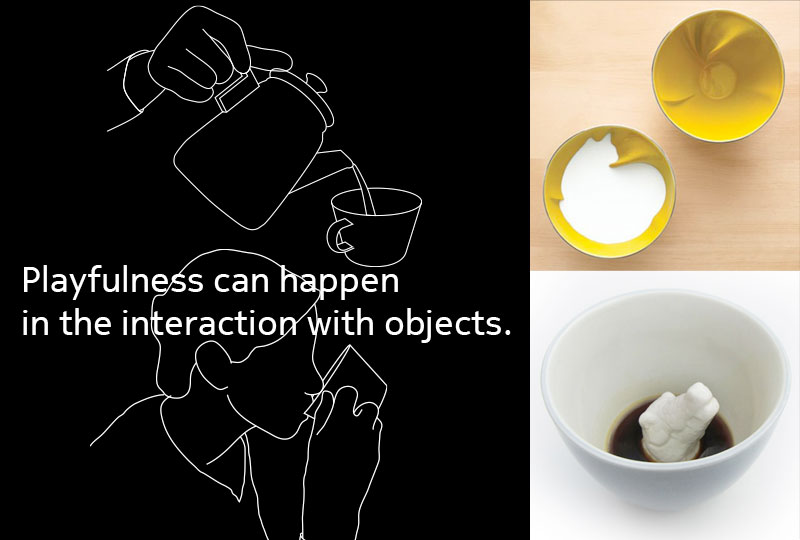Jun 5, 2012 Comments Off on Touch to Tactility: E-Book Interaction
Jun 4, 2012 Comments Off on Making everyday object playful: Guitar Pee
Making everyday object playful: Guitar Pee
Apr 22, 2012 Comments Off on Making PCB with Roland Modela MDX-20 (Fritzing version)
Making PCB with Roland Modela MDX-20 (Fritzing version)
This post describes how to create PCB with Roland Modela MDX-20 mill machine using Fritzing open souce software. The instruction using Eagle is described in another post.
Apr 2, 2012 Comments Off on Christmas card by mcgarrybowen (a.k.a. Dentsu London)
Christmas card by mcgarrybowen (a.k.a. Dentsu London)
Apr 2, 2012 3
Assignment 3
Two simple interactions using a potentiometer and a pressure sensor. The sound on the video is not good, but hopefully you get the point.
The third video is the first prototype of flexinol and knit. Made with pd, arduino and much help from Matti Niinimäki.
Mar 14, 2012 4
Android Processing connecting to Arduino
There are two ways to connect Android to Arduino over USB. They are Android Debug Bridge Mode (ADB) and Accessory Mode (ADK). ADK supports only newer Android than 2.3.4 while ADB supports even older than 2.2. A demo in this page uses ADB.
Feb 8, 2012 Comments Off on Textiles Installation
Textiles Installation
Here’s my playful design; making used and worn-out textiles recycled in a fun, but also critical design.
(Can for some reason not figure out how to upload picture, so please use the link)
Jan 30, 2012 Comments Off on Hands-free gloves
Hands-free gloves

I got this idea from my touch-screen gloves. They allow you to type on a capacitive touch screen with your gloves on, thanks to the conductive material on the fingertips.
How to expand on the topic of gloves and mobiles?
I thought of combining them with this:

To make Hands-free gloves!
The microphone would be embedded to the tip of the pinky finger, and the loudspeaker/earplug to the thumb. Then you can speak like this:

The fingers can be used for picking up and hanging up the call by touching them together.
The work done by the Sound Gloves -group during last autumns Wearable Electronics course can be used for background research. http://wearable.mlog.taik.fi/category/sound-gloves/
Jan 22, 2012 1
Making an everyday object playful

Two cups at the top: The Cat Plum: Geraldine de Beco, Bernardaud
White cup at the bottom: Creaturecups
Making an everyday object playful.
This is our main theme for Designing Interactions with Electronic course at Media Lab Helsinki this year. The playfulness can happen in the interaction with objects. To make an everyday object playful, you need to observe and understand its usage in sequences and then think how to modify it to let people experience such a fun. During the introduction, several examples was showed to the students.
The most important thing to learn from this course is to “communicate design through prototypes”. The playfulness is such a subjective topic which you need to illustrate expected experience in some format. One of the most valuable ways to do that is to prototype the experience.
Jan 12, 2012 Comments Off on QML training for Nokia N9
QML training for Nokia N9
QML is a good user interface prototyping tool to develop mobile phone applications on Nokia devices. It is a JavaScript-based declarative language, which you can easily create UI and run it on the mobile phones. This post collects QML training materials especially for UI designers who doesn’t know programming but need to demonstrate UI as working software. To set up QML developing environment on your PC, please look at another postdescribing a step-by-step installation.
Jan 10, 2012 Comments Off on QML environment on Mac to develop applications for Nokia N9
QML environment on Mac to develop applications for Nokia N9
This post describes how to develop your first QML application on Nokia N9. Unfortunately I have only instructions for Mac users but I assume the steps for other platforms are similar to this.
Sep 27, 2011 5
N9 connected to Arduino
I am experimenting N9 and Arduino. Since QML on N9 doesn’t support any serial communication over USB, I am using the serial communication over Bluetooth.
This post describes how you control a servo motor with N9 over Bluetooth.
Aug 26, 2011 Comments Off on Pingispöytä a.k.a. PingPongTable
Pingispöytä a.k.a. PingPongTable
This is a project update for last years Designing interactions course, this could also be seen as the final report for the project for the course, even if the project in itself is still a work in progress. This project is called “Pingispöytä” and it is made by Pasi Rauhala and Niklas Kullström from the Photography department.
So What is “Pingispöytä”? The concept started from the idea of making a electronically controlled “mechanical” ball bouncer. Several different approaches arose in the beginning, with different alternatives for propulsion and ball types. In the end we decided to use solenoids and ping pong balls for the project. The idea being that a solenoid would bounce up a ping pong ball into the air at a specific defined time.
Aug 3, 2011 Comments Off on Introduction to Designing Interaction with Electronics worksho at Media Lab Helsinki
Introduction to Designing Interaction with Electronics worksho at Media Lab Helsinki
The purpose of Interaction Design with Electronic workshop is an “intensive hands on” workshop to learn how to turn your idea into a real physical object using electronics and microcontrollers. These tools and techniques will be useful for rapid prototyping in physical interaction design and/ or installation work.
The course provides a journey of design process from developing concepts to prototyping interactions. During the course, students learn how to build prototypes using software programming and electronic assembling. After a theme is given, students will work on developing concepts within groups and planning for prototypes. Actual prototyping experience consists of two phases. The students will be asked to present their work in progress after the first phase. Feedback from guests and other audiences should be applied to the second. The final prototypes will be presented in Demoday in the Media Lab.
These video are from some of students’ final presentations at the previous workshops.
May 5, 2011 Comments Off on Course material: Arduino connected to open Frameworks
Course material: Arduino connected to open Frameworks
This post describes the way to establish communications between open frameworks on Mac OX10.6 and Arduino. The code using it is created on Xcode developing software. It uses ofArduino library which let you control Arduino directly from Xcode. Although the open frameworks also provide a generic Serial protocol. In this case, you need to create own Arduino code using Arduino IDE software.
Feb 24, 2011 Comments Off on physical computing _test01
physical computing _test01
physical computing _test01
This is primary test shot.
It works are have a many potential to progress.
I trying to find that How it can be contain a meaningful.
Jan 24, 2011 Comments Off on Arduino Programming A to Z
Arduino Programming A to Z
Designing interactions course
Date: January 24, 2010
Location: Media lab Helsinki in Helsinki, Finland
